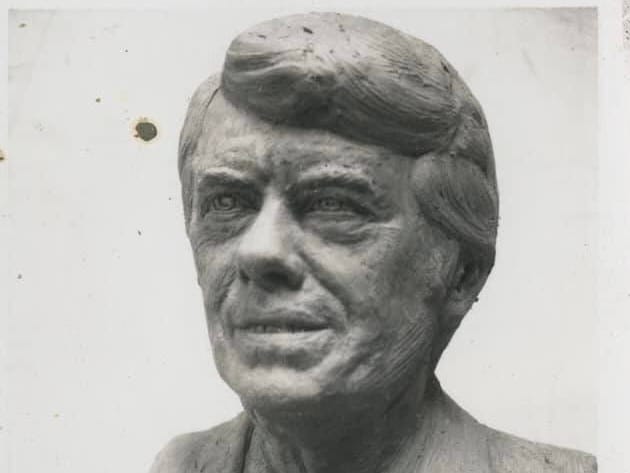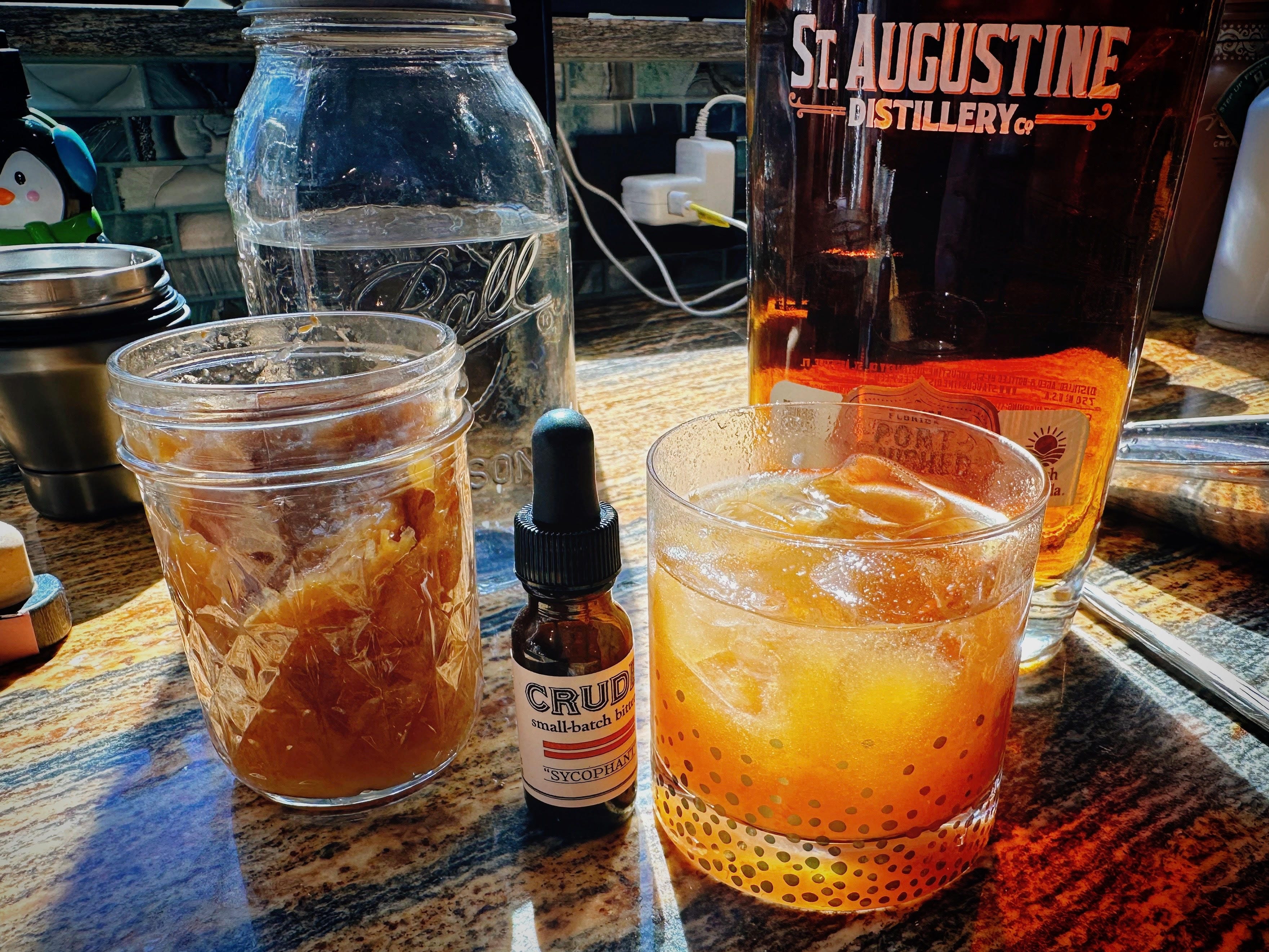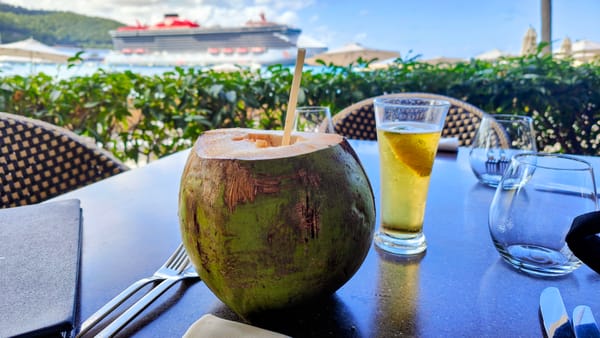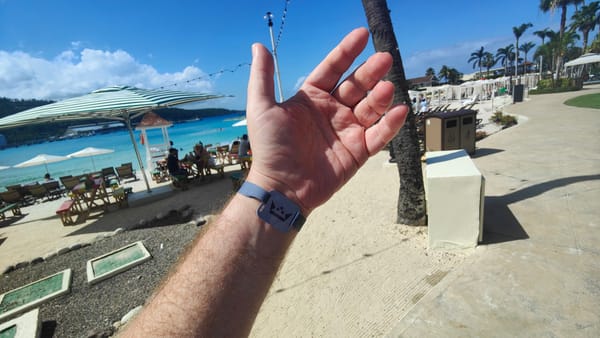We should be all be as unsuccessful as Jimmy Carter
In the four decades since leaving office, the man redeemed himself from a weak single-term presidency and will set the standard for statesmanship for former leaders, forever

I was born in 1969 and have lived through ten presidents, but the first, Richard Nixon, really only occupies the parts of my brain where I remember statements made by others about him, such as from my parents, grandparents, and other family members. Most of my knowledge about him comes from reviewing historical documents and films.
I hardly remember anything about Gerald Ford, as I paid more attention to mostly animated celebrities, such as Bugs Bunny, Tom and Jerry, and the Superfriends during his presidency — programming deemed appropriate for young children to watch. In the early 1970s, we had newspapers and print media, live television, and news radio as our primary sources of information; we didn’t have the constant bombardment of social media we had today.
Childhood Memories of the Carter Administration
Jimmy Carter was the first memorable president of my childhood, ages 7 to 11, a part of my life where I feel my identity first began to form. I remember his election and how I stayed up and watched it on TV with my parents; I remember the Iran hostage crisis vividly and how it dominated his presidency; I remember the gas lines from the OPEC crisis and the general economic malaise at the time.
My hometown of New York City looked nothing like it does today; it was a gritty, dangerous dump, which can be seen in all its blight in crime films and news footage from the time. Arguably, it was in that shape before Carter entered office, and his predecessors certainly didn’t help things, but the cleanup and urban revitalization in NYC and other major cities didn’t begin until long after he finished his term.
As a country, we were coming down from the high of the Viking landings on Mars and had the Voyager missions with its beautiful photography of the outer planets, but I remember it as a transition period for our manned space program when we had no astronaut missions — Apollo was canceled in 1975. Carter was largely unsupportive of NASA and the Shuttle and delayed its funding. As a nation, if we wanted space adventure, we had to be content with Star Wars, Star Trek, Buck Rogers, and Battlestar Galactica film and TV fantasy.
I also view this as a period where American technical superiority and manufacturing waned, and our ability to produce durable goods became to be increasingly dependent on Asia, a condition we are all now realizing isn’t sustainable or desirable from a national security and economic perspective as we examine the criticality of supply chains in a post-COVID world.
Certainly, the Carter Administration can claim the Camp David Accords as a victory, demonstrating that Israel could, on principle, make peace with at least one of its neighbors. However, it’s hard for me to say, as an American Jew, in a country and world that is more antisemitic than it has ever been, whether this had a lasting impression on our world today. Many things have changed in Israel and the surrounding Islamic countries from a political and social perspective that would make it difficult for us to see a repeat performance with anyone else, and the trio of leaders — Carter, Begin, and Sadat — may have been the right people at the right time.
He devoted the remainder of his life to pursuing human rights, conflict resolution, public policy, and charitable causes. He wrote over 30 books, two on the Israel-Palestinian conflict.
His analysis of Israel as an apartheid state I strongly disagree with because the issues regarding the country’s security are complex, and resolving the conflict would require a considerable amount of give and take on both sides, but that’s an issue that is not going to be resolved by even the most brilliant of diplomats anytime soon, or ever.
A man of decency and mediator of nations
It is here where I think Carter begins his lasting legacy that defined the rest of his life as someone who could bring other people together.
His four years as a president, except for the Camp David Accords, were largely ineffective and unsuccessful. But Carter spent far more of his life — ten times longer — as an ex-president than a president, and I think we got to know him a lot better in the four decades since leaving office.
He established the Carter Center in 1982, for which he received the Nobel Peace Prize, and has sought to eradicate diseases striking the most impoverished and monitor elections in third-world nations, often directly intervening with heads of state. With his wife, Roslyn, who he loved dearly, they became visible participants in Habitat For Humanity, often seen building homes for the impoverished and disaster victims.
Characterizing myself in this stage of my life as a somewhat right-of-center middle-of-the-road type of Democrat with select progressive leanings, I didn’t agree with all of his political views — but that can be said of any president or politician, as I rarely align exactly with anyone. Nevertheless, he occupies a rare space in my heart as a president with whom I wished I could go out and have a beer.
I can’t say that for all of our former leaders, and most definitely not the last one.
He was a decent person with a sharp wit and a sense of humor to match, and he always appeared genuine and also a true gentleman — something that all men and women should aspire to be, gentle and decent to others. I wish we could all be like that.
GENTLEMAN JIMMY

This old-fashioned variant, which uses a combination of Bourbon, Peanut Whiskey, and moonshine, with a bit of peach preserves, is simultaneously smooth like a southern gentleman and kicks like a mule (like Jimmy’s wit and humor) but has strong sedative properties appropriate for serving at a peace summit.
- 1oz Peanut Whiskey (I used Skrewball which is 35 percent ABV)
- 2oz 80 proof Bourbon (I used St. Augustine, from northeast Florida, as I didn’t have a Georgia one, but if you can get one, by all means)
- Nice sized tablespoon of Peach Jam or Peach preserves
- Bitters (I used Crude Sycophant, which is a Fig and Orange)
- .5oz Moonshine, 100 proof or higher (not needed if the Bourbon is bottled in bond 100 proof or higher)
Combine peanut whiskey/liqueur with peach jam in a mixing glass or a hand blender, and mix into a smooth consistency.
Pour mixture into rocks glass, and fill with ice. Add Bourbon and Moonshine. Mix together with spoon to integrate components. Squirt 1ml of Bitters into the glass, and top with a little more peach preserves.



